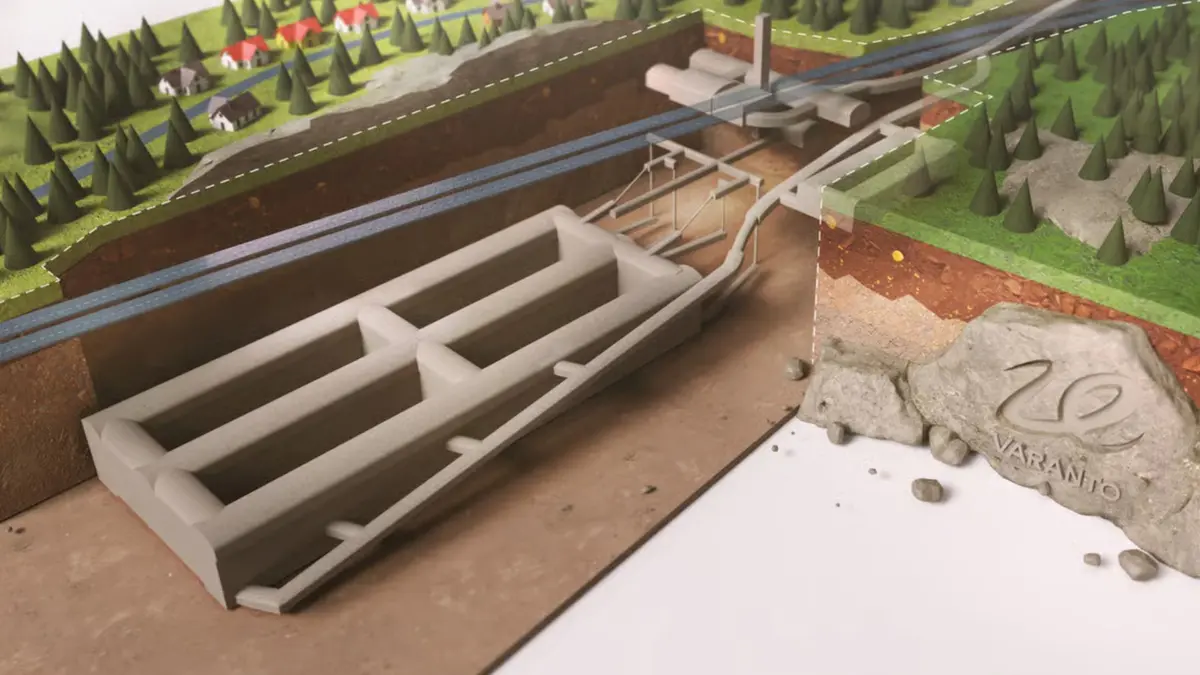Precision agriculture is poised to change nearly every component of the modern farm.
Cattle farmers now have the option to utilize automated milking systems. With the help of robots and microchips attached to a cow’s collar, as well as mini-laboratories designed to monitor a cow’s health, farmers can rely on the technology to establish efficient and consistent milking schedules. They can even utilize the technology to monitor hormone levels and determine a cow’s fertility.
Technological advances in farming have changed the landscape of agriculture. Farmers can maximize their plant production, reduce labor costs, monitor soil nutrient levels, and rely on self-driven tractors to increase yields.
Given that some estimate one-third of all greenhouse gasses are a result of farming, these new approaches to farming may benefit the environment as well. Increasingly sophisticated technology can help farmers use less fertilizer, grow more plants on less soil and more efficiently use energy.
Thanks to advances in machines that can now do the work of planting, thinning, and harvesting, farms can decrease labor costs.
As farmers struggle with a continued labor shortage and the need to maintain costs, robotic equipment may be the answer. While automated tractors can address larger scale needs, in the near future it will be more common to rely on small drones capable of monitoring and adjusting growing conditions. The rapid pace of farming automation and improved technology may forever change the approach for farms of all sizes and types.






